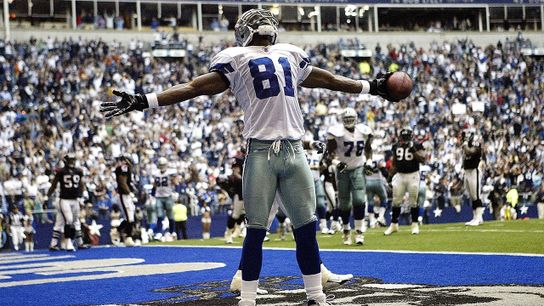After making a name for himself as a college basketball player at Arizona, and then later in the NBA with the Rapors, Trail Blazers, Grizzlies, and Spurs, Damon Stoudamire got started on a coaching career that took him around the NBA and college basketball as an assistant.
In 2016, Stoudamire landed his first head coaching job at Pacific, and today, with a year of head coaching experience in the rear view mirror and some great experience as a player, he penned an article on Athletic Director U about the damage that a "superstar" can do it in your program if you allow them to.
From Athletic Director U:
Research has consistently shown that 80% of an organization’s performance can be traced back to just 20% of their workforce; in the case of a sport like basketball, it means just one player can make the difference between a championship or mediocrity. However, the same research shows that the marginal benefit of one superstar in our organization is worth less than half of the determinant that individual can cause if they turn out to be toxic. In other words, you can likely get by without having a superstar on your team, but all it takes is one or two of these high performers to turn against you for the entire organization to go down in flames.
The overriding message there for football coaches? Resist the urge to fall in love with the talent of someone and allow the toxic attitude of that superstar to pollute the rest of the team. Stoudamire goes on to explain the unique blend of characteristics that superstars on a team tend to possess; they're often the best performers when the lights are on, and work hard during practice, but when something goes wrong they're also the first to complain and blame others.
So why do we, as coaches tend to put up with that nonsense? Stoudamire explains:
When toxic superstars are invaluable to the bottom line, whether its winning games, driving revenue, or any other measurable result, we often tolerate them for longer than we should. We do this to give us enough time to figure out how to replace their production. Of course, as any experienced coach knows, if you give a toxic player enough time, they will eventually turn the entire team against you.
Stoudamire then points out a few things. One, the toxic behavior is almost always because of personal insecurities, coaches should set clear performance expectations, and create a system that forces that superstar to work collaboratively with their teammates.
In the full article, Stoudamire shares how his experience as a player and coach has helped him identify these types of players and personalities, how to limit the effects of their toxic behavior, and how Phil Jackson developed a philosophy to manage Michael Jordan's personality.
